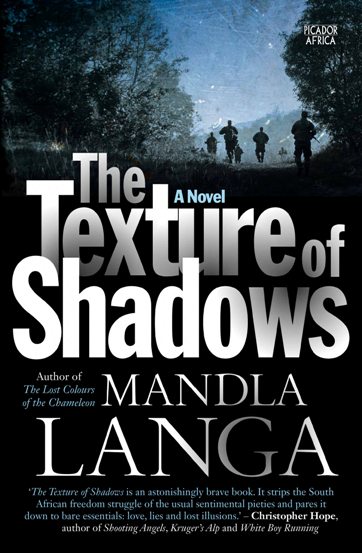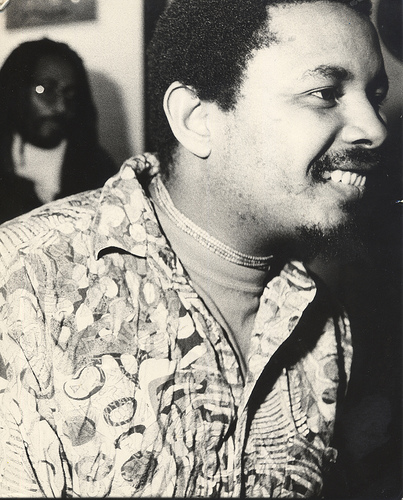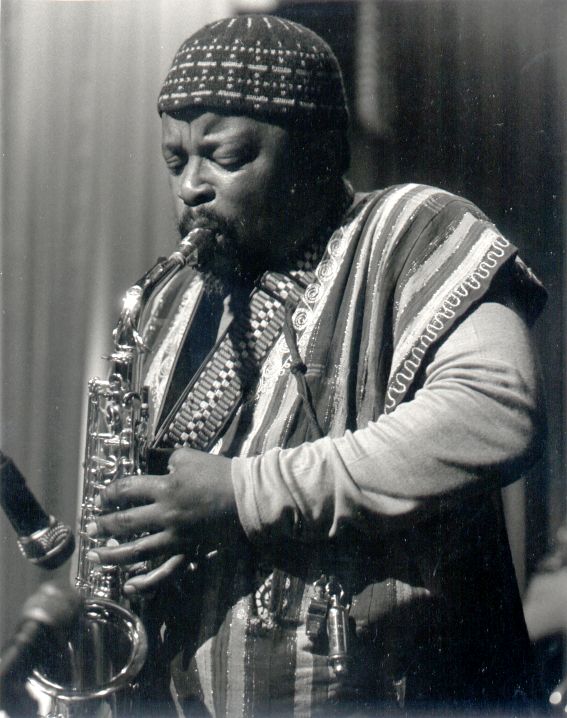Republican presidential candidate Donald J Trump is in trouble for appropriating Queen’s anthem We Are The Champions: the latest in a long succession of pop tunes The Comb-over has employed without permission or payment. Politicians who seek to use music for their own ends – even noble ends, such as building social cohesion – often forget the music carries its own messages. By way of lyrics, mood, staging or even a topically apt title, musicians have things to say. One doubts whether the late Freddie Mercury –migrant, man of colour, born into the Islamic faith in Stone Town, Zanzibar, and gay – would see his song’s natural home as the Republican National Convention.
But the space for cultural discourse where those messages can turn into conversations is shrinking.
The media (with rare, honourable exceptions) have all but given up talking to musicians about anything except clothing, lifestyle, romance, or the latest hit. Yet musicians occupy a remarkable space. They work within an industry that has been one of the most transformed by the disruption of digital technology. In the past decade, their value chain has been turned on its head.
Music is affected by just about every policy and social change you can imagine, not just the obvious things like local content quotas. Raise the tax on luxury imports and musicians pay more for their instruments. Implement punitive zoning restrictions and live venues close. Gentrify a town centre and the vibrancy of a live music hub is frozen under white concrete.
It’s for that reason that I’m working with the Orbit Jazz Club in Braamfontein (in partnership with the Alliance Francaise and Pro Helvetia) to help create a space for conversations about music-related topics. On the last Sunday of every month, from 5pm, Conversations in Orbit will invite musicians and other music sector role-players to spend time debating an issue that affects them, joined by music fans, music students, music workers and anybody else who cares what happens to our sounds and the people who make them. Followed, of course, by an hour of jazz – because jazz is the quintessential music of ideas.
We start, on July 31st, by asking Whose Music is It Anyway?
The theme picks up on a debate that started burning hotly in Cape Town in 2015, when writer Percy Mabandu introduced his book, Yakhal’Inkomo: Portrait of a Jazz Classic. The late Mankunku’s family were establishing a trust to preserve his legacy, and were distressed to see his music used sometimes in ways they’d had no warning of. This was in contrast to Mabandu’s writing process, where he had tried to work respectfully with the family every step of the way.

The same debates flared up again this year over tributes to pianist Bheki Mseleku. So, after a musician passes away, who has what kinds of rights over their music and memory?
This is by no means as straightforward as it might first appear. In fact, it’s a situation where there is potential conflict between different kinds of rights – some formally defined, and some less so because they emerge from custom or from the perceptions and emotions of those left behind.
If a musician has registered their music with a rights organisation, that formally and quite tightly defines the rights to royalty payments on the use of that music while the musician still lives. But if it is not specified in a will, how are the claims of family members to those formal rights after the musician’s passing dealt with – particularly where family relationships are complex?
Should a musician’s heirs have the right to determine how that music is subsequently used?

What about the feelings of the family, their moral rights, and traditions concerning the use of their late family member’s name? How should consultation happen? What happens if some parts of the family say yes and others no?
That’s one aspect of the argument. Another is about the right to freedom of artistic expression. The work of a great musician forms part of a universal heritage that is kept alive by other musicians’ homages and reinterpretations – so long as any relevant rights payments are made, should anybody have to right to silence re-visionings of the legacy?

And finally, doesn’t the notion of ‘ownership’ over a creative legacy echo uncomfortably the pervasive, commodifying mindset of neoliberalism, where everything is reduced to an object to be bought and sold – where everything has a price but nothing has value? A society where this principle rules uncontested risks ending up a dystopia, where everything essential to life – from the exchange of ideas to breathable air – has to be purchased, and where trust and the acknowledgement of shared responsibilities is replaced by ‘no pay; no say’.

We hope our panel – musicians Tu Nokwe and Concord Nkabinde, music industry educator Nick Matzukis, and Mabandu – will create space for reflection and discussion on how things currently work, and what is legislated, but also on how the perceived mis-use of a creative legacy feels to those affected. What ought to happen to minimise abuse and hurt while protecting both legal rights and creative freedoms? There will be 90 minutes for the debate, followed by music from guitarist Mageshen Naidoo and friends. Come along and join us…
*With acknowledgment to Ray Chikapa Phiri & Stimela



